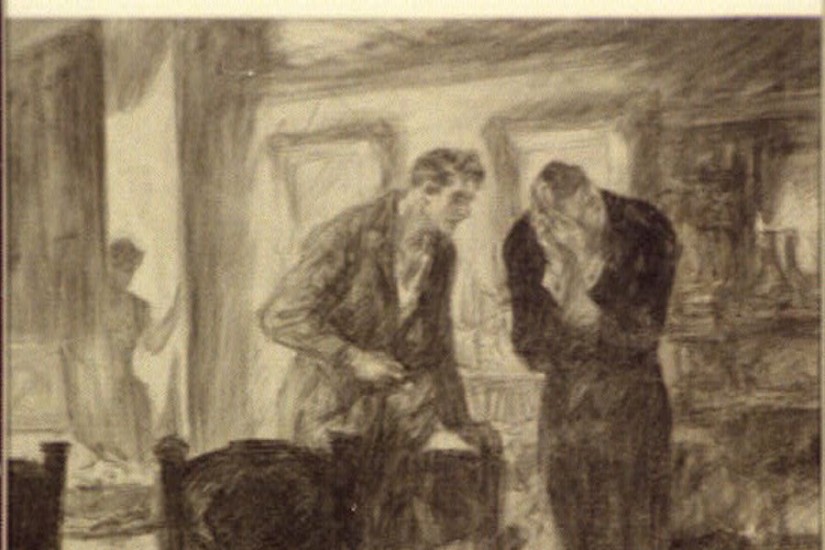A little over a decade ago, I edited a collection in which North American historians of France explored their personal and professional relationships to the country they studied. Their essays made history come alive as a craft embedded within social forces, family dynamics, intellectual lineages, and political convictions.
Few of the contributors explored, however, the ways in which this craft and their relationships to the past were steeped in their emotional lives. The truth is, my co-editor and I did not steer them in that direction. The thought never crossed our minds, not even when one contributor, the medievalist John W. Baldwin, disclosed that his daughter, Birgit, had been killed by a drunken driver in 1988. After her death, Baldwin wrote, he and his wife "retreated to their house in Baltimore, pulled the blinds to their studies, and drowned their bereavement in work."
The image of this bereaved couple in a darkened house proved so piercing that I could think of little else while editing Baldwin’s essay. And yet I never pondered the bigger questions at work in this passage. What does it mean exactly to drown one’s bereavement in work? What happens to our scholarship when catastrophe drags us into immeasurable depths and alters something fundamental in our emotional makeup? What happens to history (in this case) when work becomes a refuge, an escape, a way of structuring one’s days, or something else altogether?
This collection came out in December 2006. A year and a half later, my youngest son, Owen, died at the age of 8 during a rafting trip on the Green River, near the border between Utah and Colorado.
The outfitters’ brochure had advertised the four-day vacation as family fun for novice rafters and children age 7 and up. This seemed ideal for first-timers like us. That first morning, the Green was so still that we could almost see our reflections on the glassy surface. Mayhem hit after lunch, on a stretch known as Disaster Falls: lost paddles, three passengers in the water, overmatched guides, an 8-year-old boy sucked under. Like Baldwin, I returned to my office a few weeks after the funeral. I returned to my historical research, but without any of the necessity and pleasure I used to feel while combing through archives. I became a historian pro forma, absent from professional meetings, oblivious to the latest scholarship, unable to comprehend common phrases in my field, such as "the crisis of late modernism." What could this mean? Why would people write such things?
